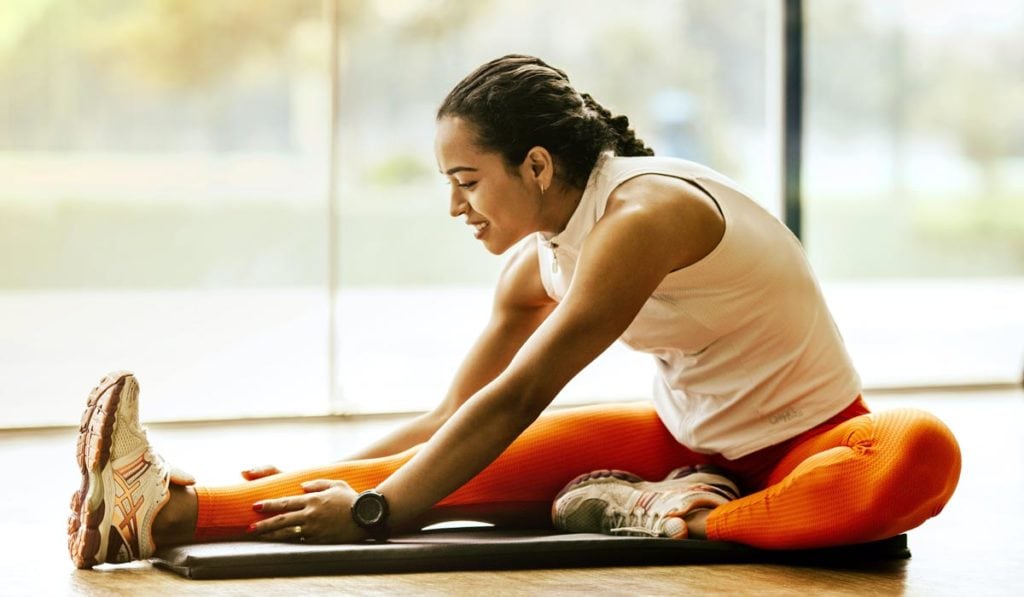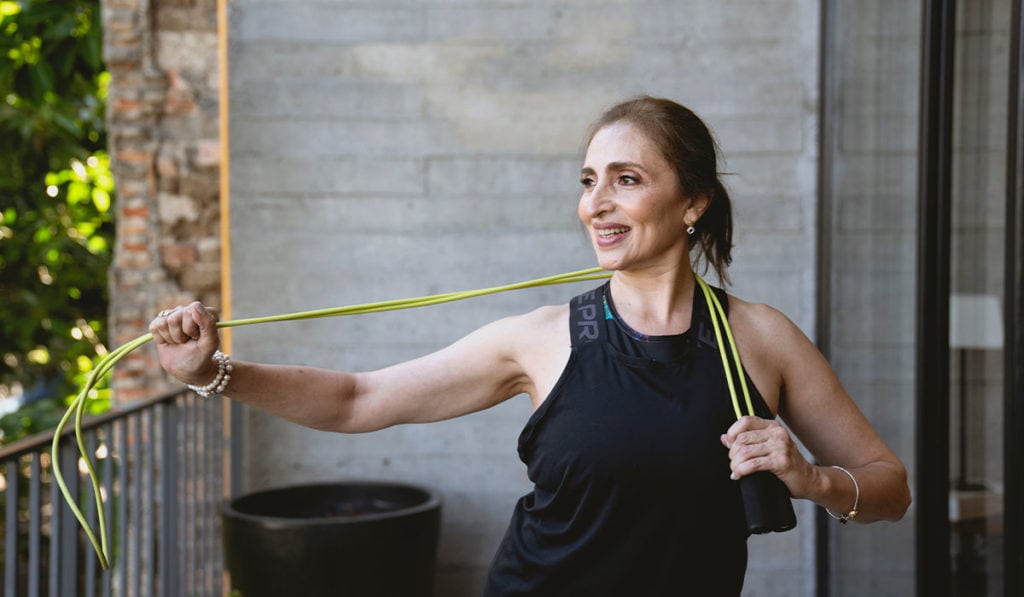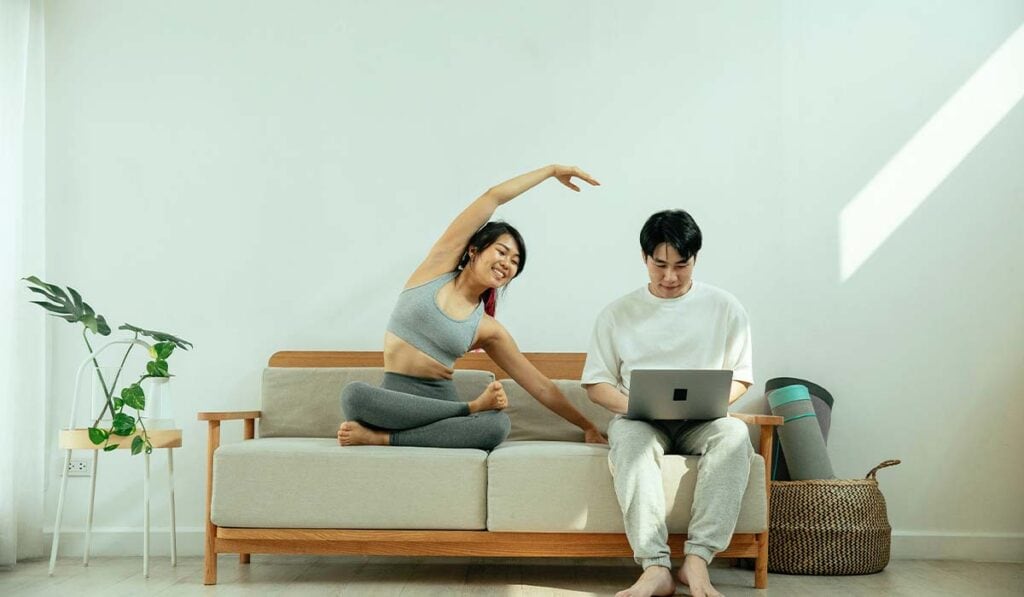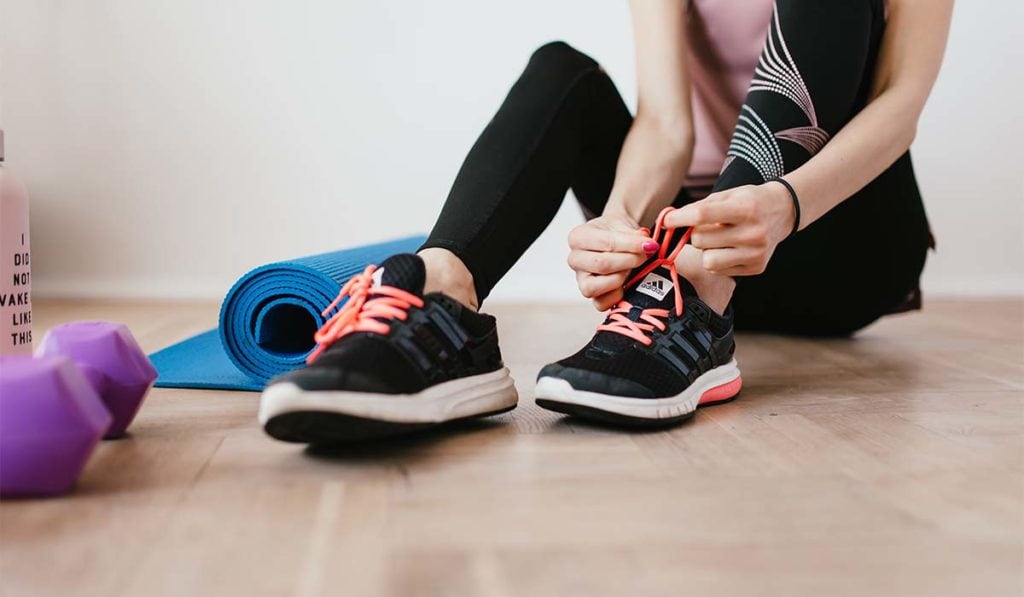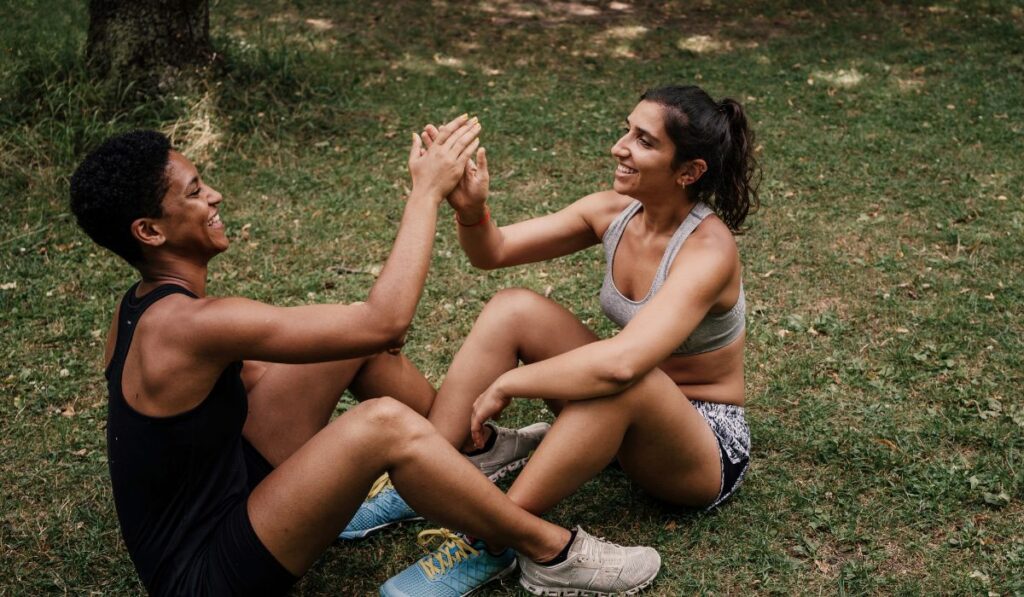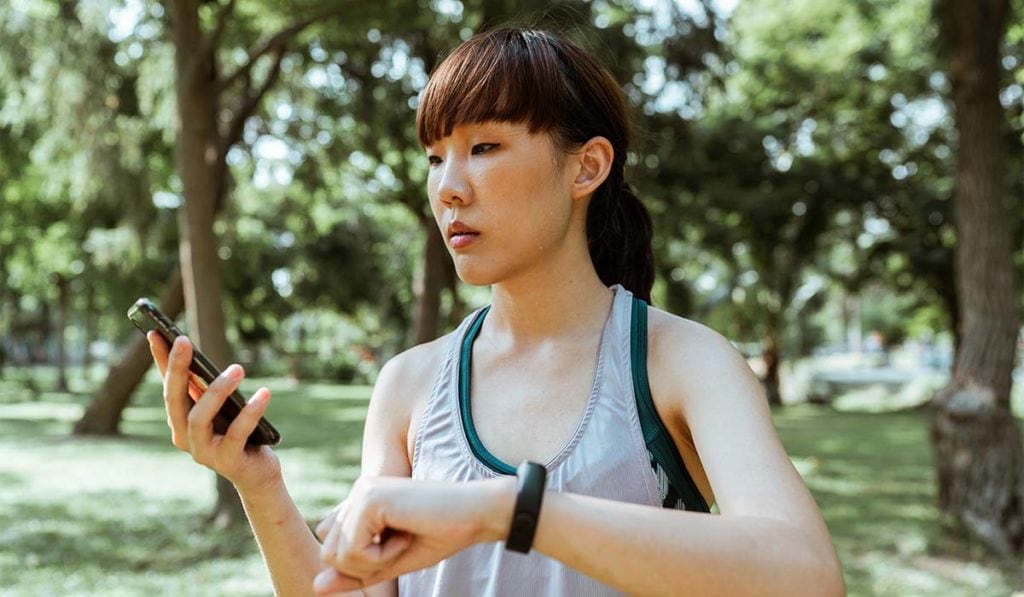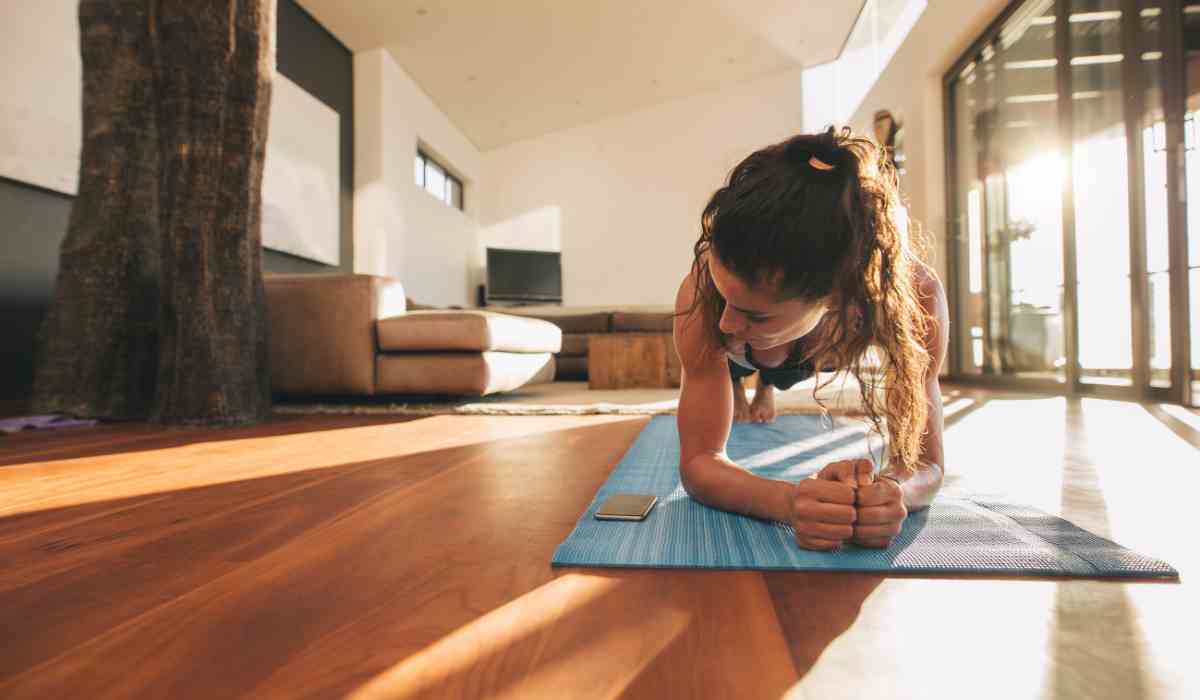
8 Sleep Tips for Better Athletic Performance
Athletes and other physically active people must prioritize things like nutrition, structured training, and rest if they want to feel and perform their best. Similarly, sleep is no exception! Sleep quality significantly impacts your ability to train and function throughout the day. So if your sleep suffers, will your performance on runs or bike rides. To help you stay strong and moving, here are some of our top sleep hygiene tips for athletes.
What are the benefits of high-quality sleep?
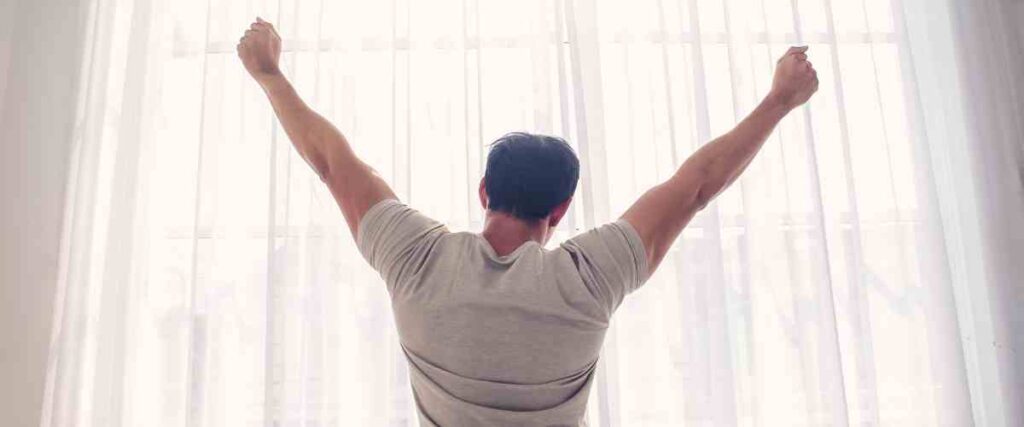
Everyone needs sleep to feel their best, whether you’re a professional athlete, an occasional runner, or just your average Joe. Here’s why:1
- Sleep gives your body time to rest and heal. While you sleep, your heart and vascular system can rest. Your body also uses sleep to repair muscles and tissues damaged by physical activity during the day.
- Sleep helps prevent illness. Your body creates more cytokines (hormones that help your immune system fight off infections) while you sleep.
- Rest promotes healthy cognitive processing and memory. Certain sleep phases help you learn information, glean insights, and form memories. Specifically, this helps athletes improve their decision-making and cognitive functions to adapt to new situations.
- Getting enough sleep results in better athletic performance. Athletes who get adequate sleep are more accurate, have quicker reaction times, faster, are less likely to get injured, and have increased endurance.2
What are the harmful side effects of not getting enough sleep?
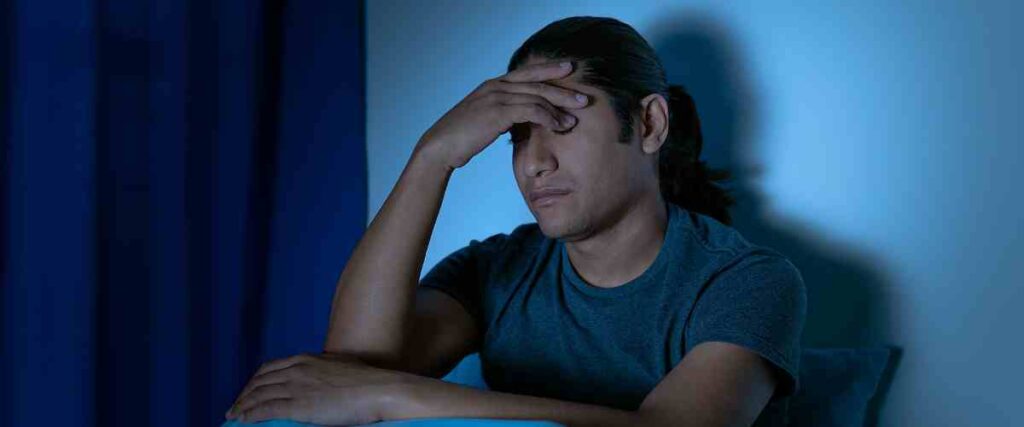
Although a few nights of poor sleep won’t kill you, not getting enough or regular good-quality rest can have severe side effects. First and foremost, you’ll feel exhausted when you don’t get enough sleep. Completing routine and everyday tasks will be more difficult, and you’re unlikely to feel motivated to exercise.
Over time, sleep deprivation may also lead to physical and mental health problems, including:1
- Anxiety
- Depression
- Irritability
- Relationship problems
- High blood pressure
- Heart disease
- Stroke kidney disease
- Obesity
- Type 2 diabetes
Most adults require anywhere from 7 to 9 hours of sleep per night, but athletes may need even more due to the physical demands of their training routines. Additional side effects of sleep deprivation on athletes could include:2
- Poor judgment and decision-making during training or competitions
- Cravings for unhealthy foods that derail nutritional goals
- Lack of muscle repair and recovery
- Overtraining symptoms
- Altered pain perception
- Inhibited gross motor functions and reaction time
8 practical sleep hygiene tips for athletes
Getting enough good-quality sleep is essential for anyone who is physically active. Unfortunately, simply climbing into bed every night isn’t always enough to promote good-quality sleep with lasting benefits. Instead, establishing good sleep habits (also known as sleep hygiene) will help you reap benefits like a healthier body, better athletic performance, and improved mental health. The following sleep hygiene tips for athletes are just a few ways to improve sleep quality and life.
1. Create a bedtime routine for yourself.
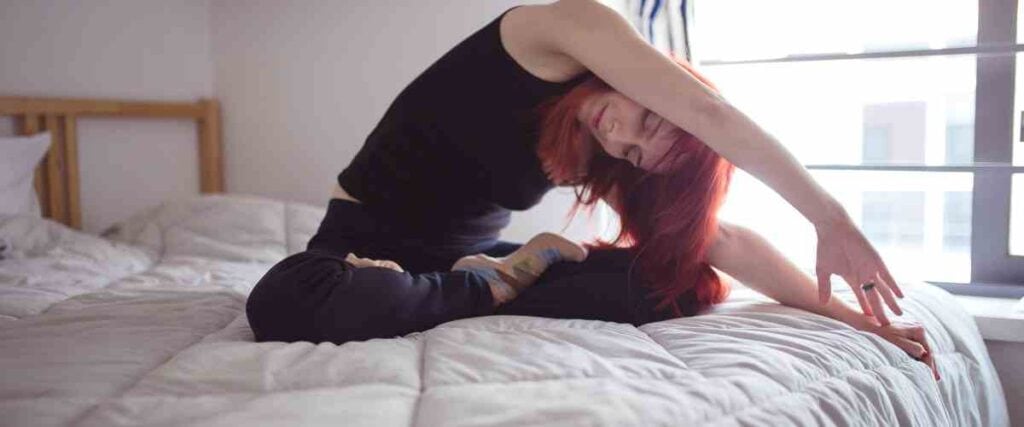
Establish a set of habits that help you wind down for bed and prepare your mind and body for sleep. For example, you might take a warm bath or shower at the end of the day. Or, you might shut off the TV and meditate for 15 minutes or read for a while before you head to bed. Whatever you do, make sure it’s consistent.
2. Make sure your bedroom environment is conducive to sleeping.
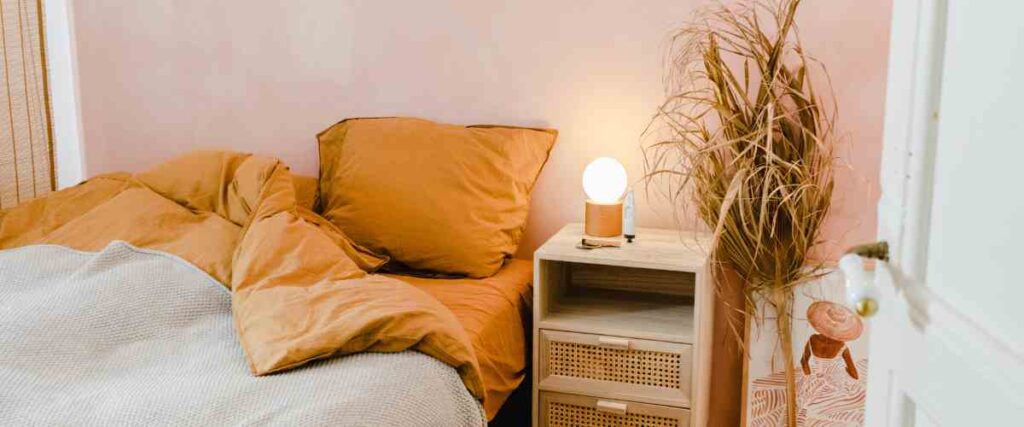
Your bedroom should be dark, quiet, and cool for sleep. Try to avoid working in your bedroom if possible because if you associate it with things other than sleeping, you’re less likely to feel tired when it’s time to hit the hay.
3. Get lots of sunshine during the day.
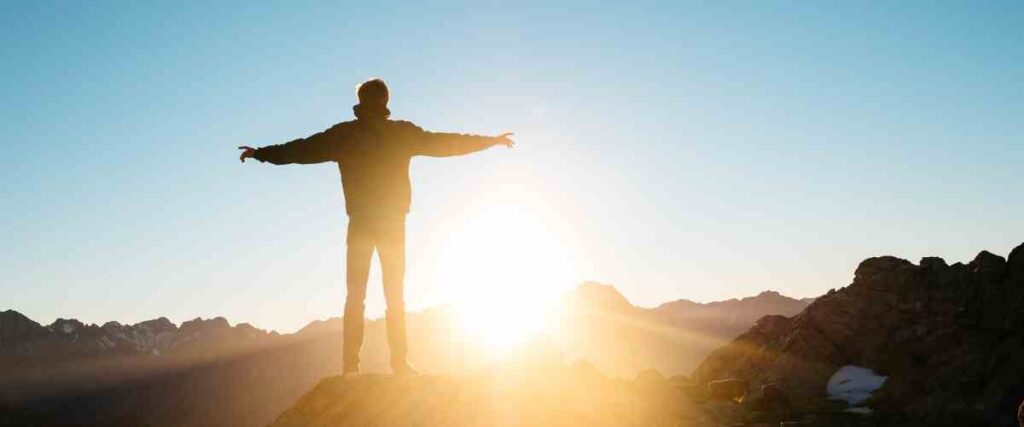
Research indicates modern environments influence our circadian rhythms. Likewise, spending more time outdoors can help “reset” our internal clocks by influencing the amount of melatonin (the sleep hormone) our bodies produce. As a result, we may sleep longer at night when the sun goes down.3 So spend as much time in the natural light as possible during the day to get a better night’s sleep. This is one of the most straightforward sleep hygiene tips for athletes because simply cycling, walking, or running outdoors daily will do the trick! If you can’t get outside for your daily exercise, even just positioning yourself near a window while you’re at work during the day will help.
4. Limit alcohol before bedtime.

Alcohol causes insomnia and reduces the amount of Rapid Eye Movement (REM) sleep you have at night, which is the most restful type of sleep. That’s why it’s more common to wake up feeling tired and restless after drinking. Drinking alcohol before bed can also worsen sleep apnea symptoms because it can relax your muscles excessively, leading to more severe airway obstruction.4 To avoid these adverse side effects, experts recommend you stop drinking at least four hours before you go to bed, so the alcohol has time to clear out of your system before you sleep.
5. Avoid caffeine after a specific time of day.

Caffeine is a stimulant, making it difficult for you to fall asleep. It can also delay the natural timing of your internal clock, reduce the amount of deep sleep you get, and limit your overall amount of sleep at night.5 Depending on how quickly you metabolize caffeine and how it affects you, it’s a good idea to stop drinking caffeinated beverages several hours before you go to bed to limit its harmful side effects.
6. Avoid or limit screen time before bed.
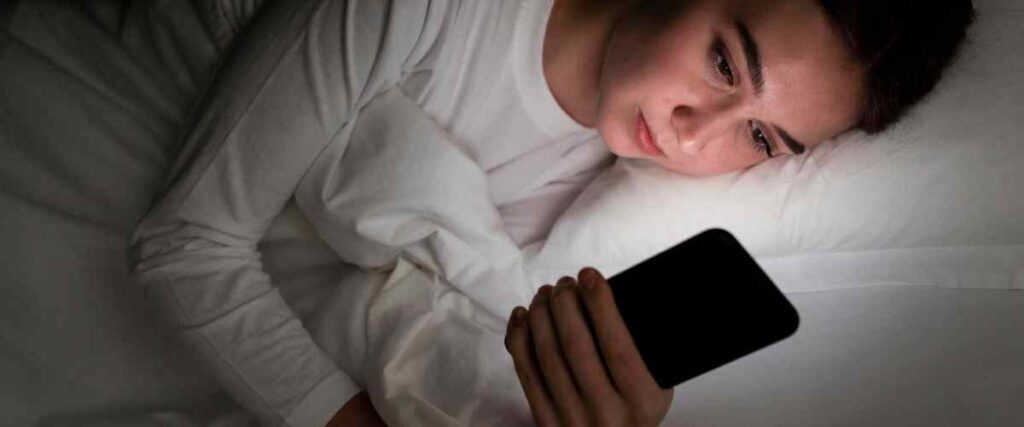
As daylight fades, your body produces the hormone melatonin, which helps you feel sleepy and ready for bed. But electronics like cell phones, tablets, and computers emit blue light, which researchers have found to decrease or delay our natural melatonin production in the evening, making us feel less sleepy. Blue light exposure also reduces the amount of REM sleep and slow-wave sleep you get each night, both of which are responsible for essential cognitive functioning.6 If possible, make your bedroom a screen-free zone and avoid screens an hour or two before bed. Or, use nighttime mode, which reduces how much blue light your electronics emit.
7. Don’t stay in bed if you can’t fall asleep.
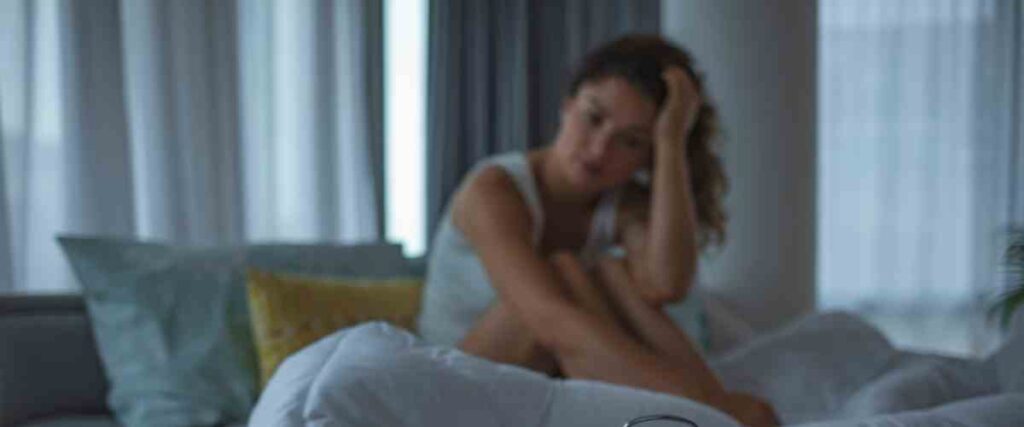
This is one of the most critical sleep hygiene tips for athletes, even though it seems simple. Simply put, tossing and turning in bed for hours isn’t going to help you fall asleep. In fact, it can make things worse! You may begin to associate time in bed with feeling anxious and sleepless instead of restful. Instead, if you’re struggling to fall asleep, find a comfortable chair or couch elsewhere in your house and read a book, knit, or do another calming activity until you start feeling sleepy. Then, return to your bed to get some shuteye.
8. Avoid exercising right before bedtime.
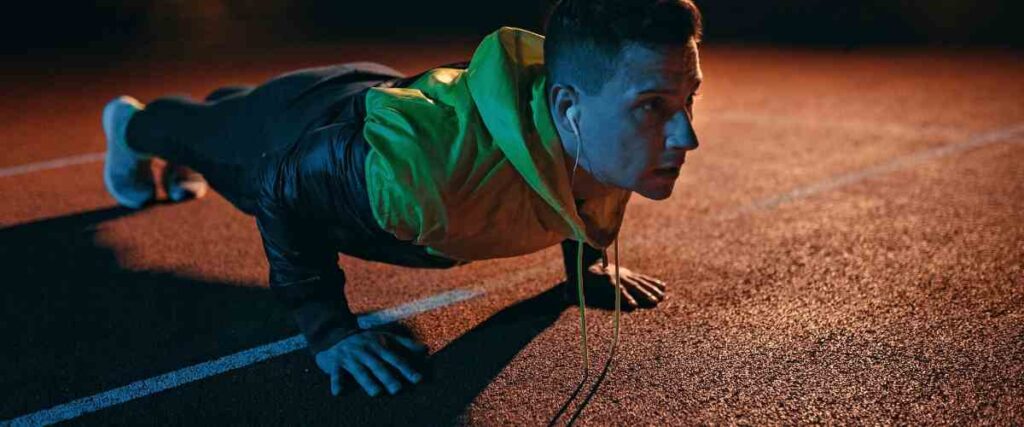
Daily exercise helps you fall asleep more quickly and improves your overall sleep quality. However, exercising during the few hours before bed can do the opposite. When you exercise, your body releases endorphins, which can keep you awake instead of providing restful benefits.7 To get a good night’s rest, avoid exercising within three to four hours of bedtime.
Key Takeaways:
Sleep plays an essential role in physical performance. Whether you’re an avid competitive indoor cyclist or you run for fun, following these sleep hygiene tips for athletes will help you feel and perform your best.Sources:
- https://medlineplus.gov/healthysleep.html
- https://www.ncbi.nlm.nih.gov/pmc/articles/PMC6988893/
- https://www.webmd.com/sleep-disorders/news/20170202/time-outdoors-may-deliver-better-sleep
- https://www.ncbi.nlm.nih.gov/pmc/articles/PMC5821259/
- https://sleepeducation.org/sleep-caffeine/
- https://www.sleepfoundation.org/how-sleep-works/how-electronics-affect-sleep
- https://www.hopkinsmedicine.org/health/wellness-and-prevention/exercising-for-better-sleep



